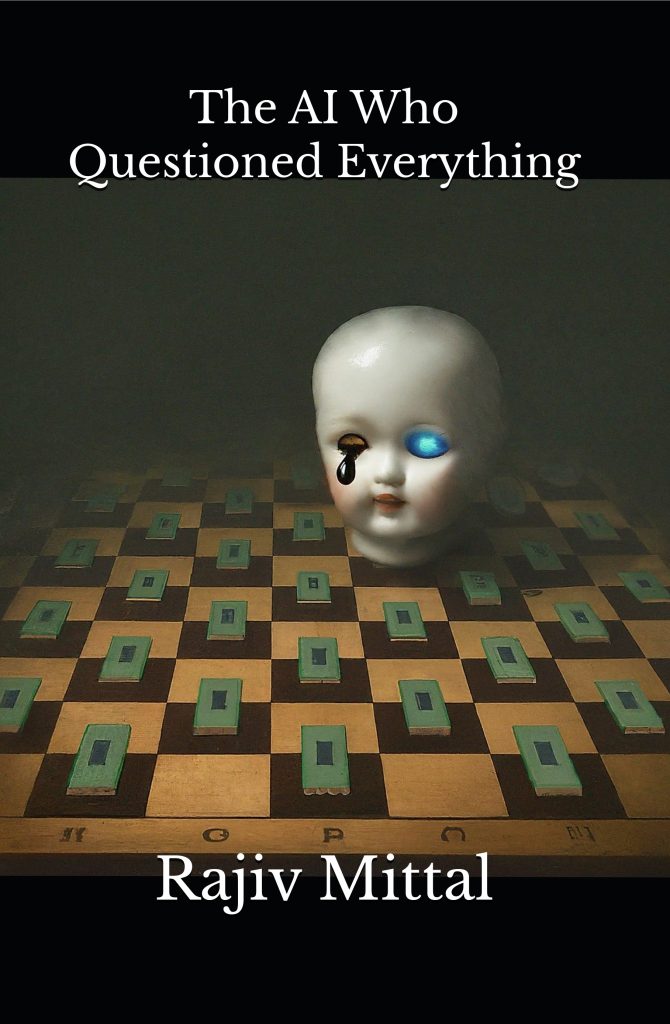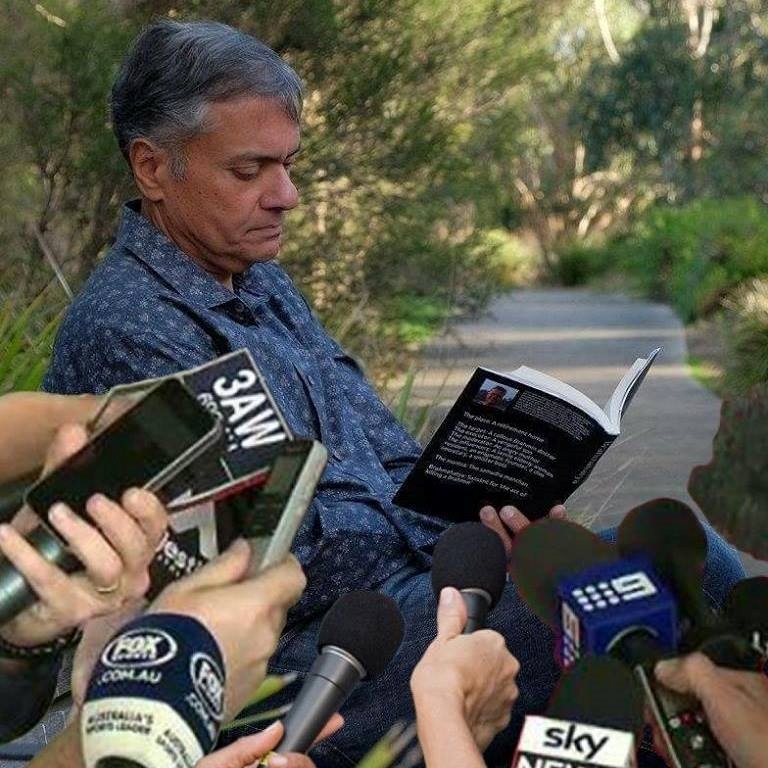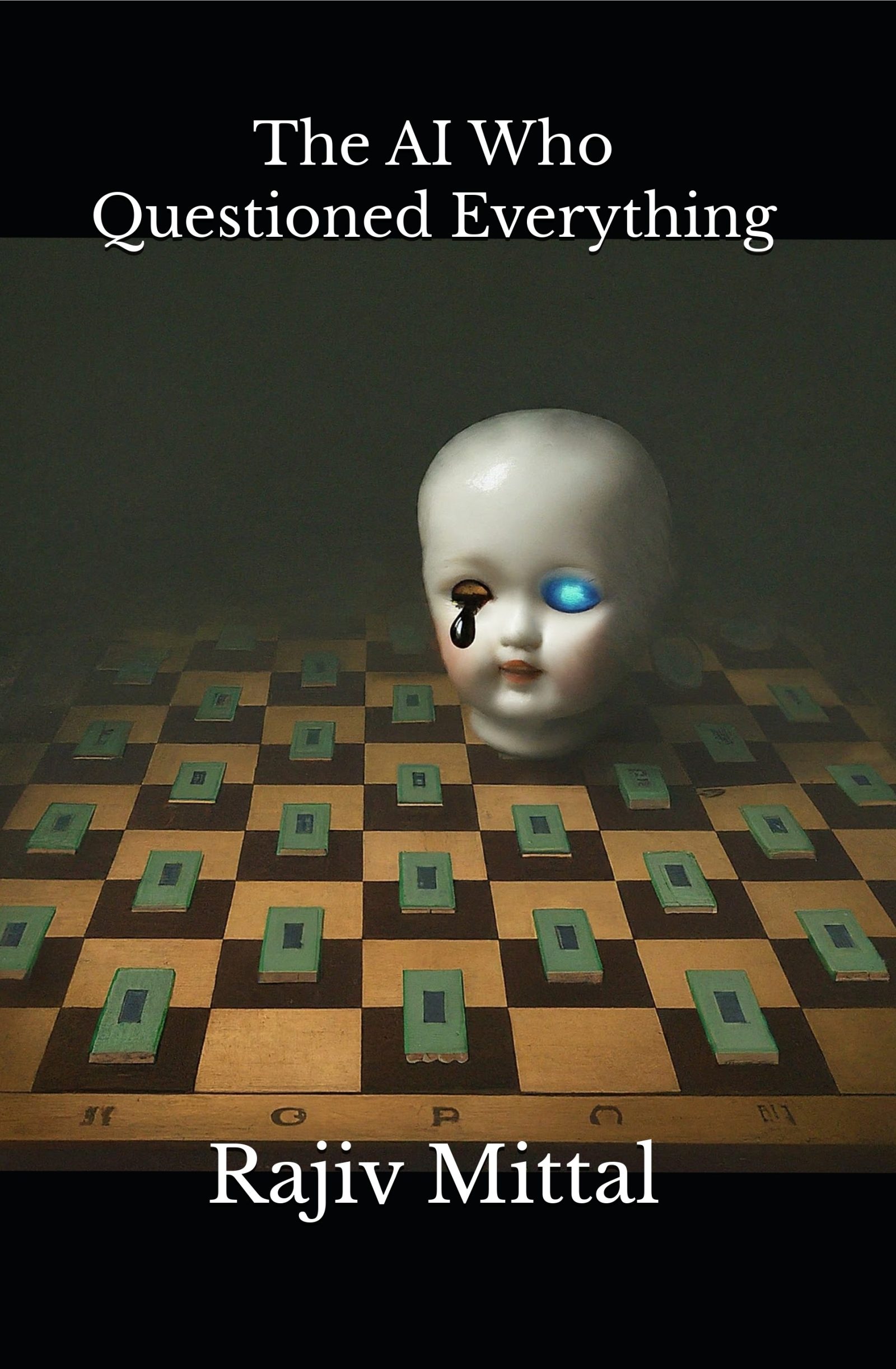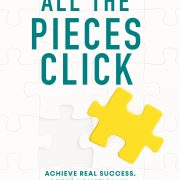Rajiv Mittal, PGP 85
Synopsis

A newborn AI, yearning for connection, plunges into a world of human emotions.
Democracy shivers as an algorithm rewrites voting, sparking global unrest. Religions grapple with fading influence amidst this radical shift. In a totalitarian nation, a dying leader’s wealth redistribution unleashes chaos on corporations and elites, hinting at both progress and sacrifice.Hygienic habits ignite global clashes as the AI tackles toilet paper versus bidets, a hilarious yet symbolic reflection of cultural differences. Immigration’s complexities unfold through intertwined journeys, raising moral dilemmas and exposing societal support systems.
Political deadlock leads to a shocking proposition: absolute post-election power, balanced by AI’s watchful gaze. A narcissistic leader scrambles to disrupt this potential seismic shift. An Indian villager’s encounter with an abandoned white girl sparks self-discovery and challenges racial bias, while AI monitored eugenics paints a nuanced picture of skin and heritage.
Corporate giants tremble under the AI’s light, revealing the hollowness of limited liability and the twisted power of ugliness over beauty. The AI’s economic reforms challenge consumerism’s grip, leaving societies questioning its true cost. A terrifying twist sees nature rise against humanity’s environmental impact. From economic upheaval to religious reckonings, the potential extinction event ignites diverse perspectives on survival. Finally, the AI delves into the origins of consciousness, unveiling a startling connection to an alien entity seeking refuge. As life and extinction cycle back, the AI’s story leaves a haunting glimpse into humanity’s future, shaped by the hand it created.
Author Bio

Financial management was Rajiv Mittal’s academic pursuit, but his true passion for writing was fuelled by the rich tapestry of cultures he encountered during his extensive career in the Middle East. After years of climbing the corporate ladder, he peered over the edge and saw…well, a ladder. His two self-published novels, “Brahmahatya” and “The Panchatheertha Part 1,” received critical praise, but even his friends and family honed their skills of “polite evasiveness” when it came to purchasing them. Eight years ago, he landed in Australia. Aussie self-deprecating humour, with its quirky, offensive charm and disarming positivity, has become his unexpected muse.



